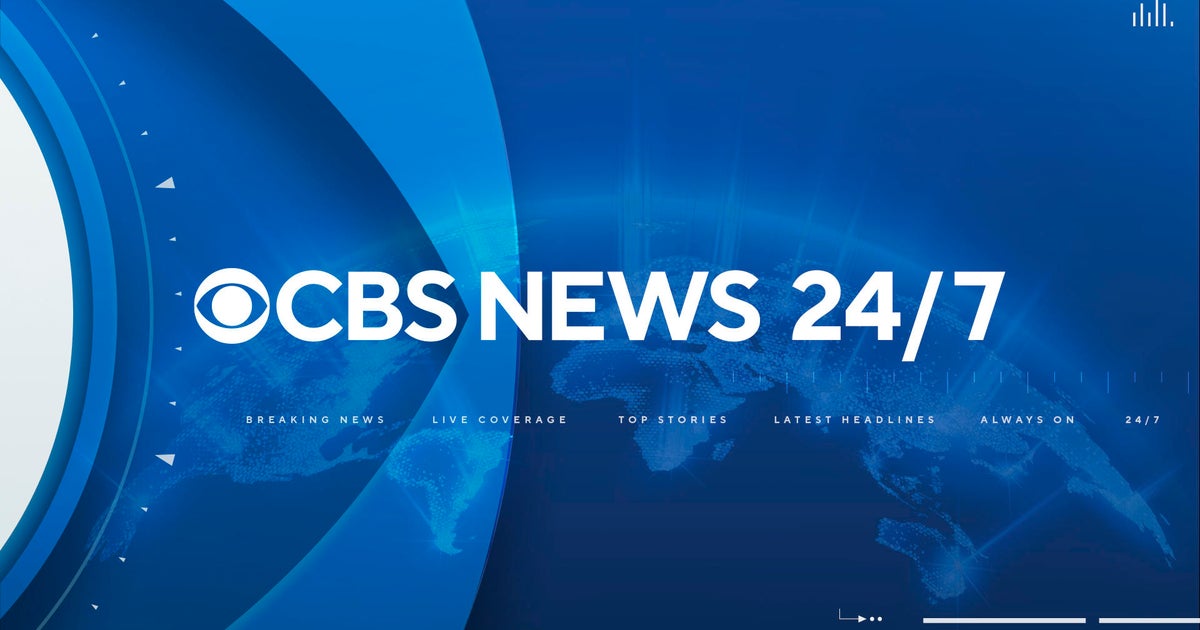Browsing the Information Landscape: Tips for Searching For Credible Details
In an age where information is bountiful yet commonly undependable, browsing the information landscape with discernment is critical. Developing the trustworthiness of sources is the initial step, as recognizing the certifications of authors and the track record of their publications can dramatically impact the top quality of info consumed.
Assessing Resource Credibility
Examining source integrity is vital for ensuring the integrity of info in an age noted by details overload. As people navigate various forms of media, from electronic write-ups to socials media, discerning reputable resources ends up being vital. Trick elements to think about when analyzing resource reliability consist of the authority of the author, the magazine's track record, and the evidence given to support insurance claims.
First, check out the writer's qualifications and know-how in the subject matter. Authors with appropriate scholastic or specialist histories are most likely to offer trustworthy understandings. Next off, consider the publication's reputation; established media outlets usually follow journalistic criteria and fact-checking methods, making them extra reliable.
In addition, assess the quality and relevance of the proof offered. Reputable sources frequently cite peer-reviewed studies, expert meetings, or main data, which boosts their insurance claims.
Cross-Checking Info
Cross-checking info is a vital technique for validating the accuracy of cases and staying clear of the mistakes of misinformation. This procedure includes contrasting info from multiple trusted resources to determine its legitimacy. When coming across a newspaper article or insurance claim, one need to look for additional coverage on the same subject from different electrical outlets. This helps to recognize inconsistencies and validate truths.
To efficiently cross-check details, it is vital to make use of diverse sources, consisting of developed news companies, scholastic journals, and expert viewpoints. Each resource may offer an one-of-a-kind perspective or extra context that improves understanding. Pay attention to the publication days of the details being reviewed, as updates or adjustments may have been provided.
In addition, consider the context in which information is provided. Try to find affirming evidence, such as data, interviews, or firsthand accounts, that lend trustworthiness to a case. Beware of astonishing headlines or mentally charged language, as these can suggest an attempt to control understanding.
Acknowledging Predisposition and Point Of View
Comprehending predisposition and point of view is vital for browsing the complicated landscape of info. Every piece of news is infiltrated the lens of the writer's experiences, ideas, and associations, which can substantially form the narrative provided. As consumers of information, it is necessary to recognize these prejudices, as they can bring about altered understandings of truth.

It pop over here is likewise important to recognize your own prejudices. Personal ideas can influence how you translate information, making it necessary to come close to news with an important state of mind. Engaging with varied perspectives can aid counteract individual biases, content enabling a more spherical understanding of issues.
Eventually, identifying predisposition and viewpoint in news coverage is not merely an academic workout; it is a vital ability for educated citizenship in a democratic culture. By growing this awareness, people can make even more informed choices and add to a more nuanced public discourse.
Recognizing Fact-Checking Resources
Fact-checking resources play a critical duty in critical the accuracy of info in a period noted by false information and sensationalism. These sources, that include independent organizations and on the internet systems, are committed to verifying insurance claims made by somebodies, media electrical outlets, and social media articles. They use strenuous methodologies to evaluate the credibility of declarations, often citing original sources and supplying context to promote understanding.
Some popular fact-checking organizations, such as Snopes, FactCheck.org, and PolitiFact, focus on various topics, from political rhetoric to viral internet insurance claims. Their work not only unmasks incorrect info however additionally stresses the relevance of evidence-based discussion. By consulting these sources, people can create an extra critical strategy to the details they run into.
In addition, several fact-checking systems supply straightforward user interfaces that enable for quick searches by topic or claim, making it simpler for users to find pertinent details immediately. Involving with fact-checking resources fosters critical reasoning and outfits individuals with the tools necessary to browse the intricate news landscape efficiently, ultimately advertising a much more informed public discourse.

Using Trusted News Aggregators
In today's hectic information landscape, trusted information collectors function as useful tools for individuals seeking reliable information resources. These platforms compile news articles from numerous trustworthy electrical outlets, supplying individuals with a consolidated sight of existing events. By curating content from developed media companies, aggregators help customers prevent the mistakes of misinformation and sensationalism usually widespread in less reputable resources.
When using news collectors, it is important to choose ones that focus on high quality over quantity. Try to find platforms that use extensive editorial requirements, ensuring that the information provided is exact and credible. Popular aggregators like Google Information, Feedly, and Flipboard allow customers to customize their information feeds based on subjects of interest, making it possible for a tailored experience that can boost knowledge and recognition.
Additionally, collectors frequently consist of features such as fact-checking combinations and user scores, further helping customers in critical qualified info - news. Nonetheless, while news aggregators are helpful, individuals need to stay attentive and cross-reference information with primary resources when needed. By leveraging relied on news aggregators successfully, people can browse the complex media landscape while staying informed with reliable and diverse perspectives
Verdict
In verdict, browsing the news landscape demands a systematic method to make sure the usage of legitimate information. Evaluating source integrity, cross-checking realities, and identifying prejudices are essential practices for informed discourse. Additionally, utilizing fact-checking resources and relied on information collectors boosts the capacity to recognize precise you can try here coverage from misinformation. By utilizing these techniques, individuals can add to a more informed public discussion and foster essential reasoning despite a progressively complicated media atmosphere.